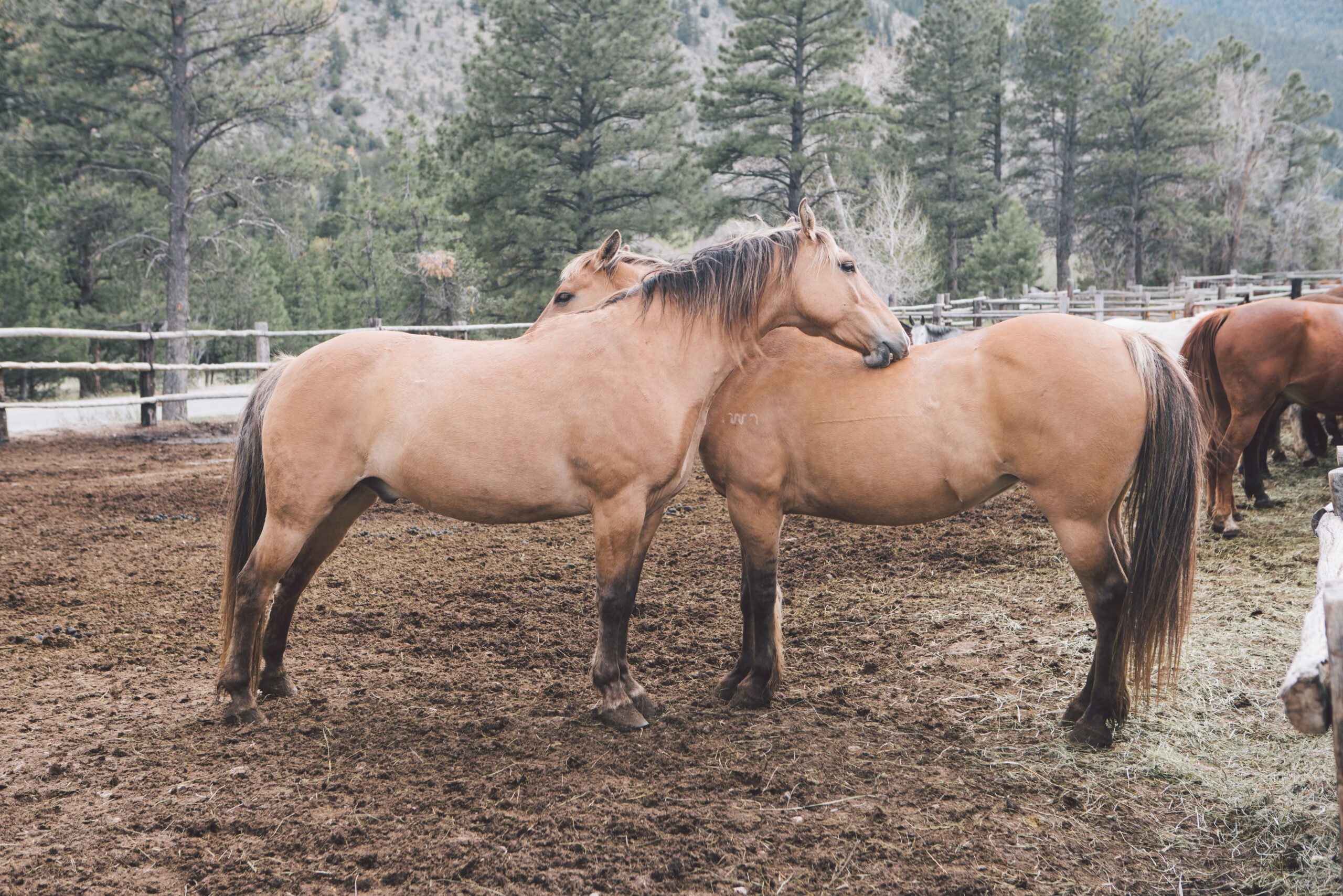Photo by David Schertz on Unsplash
All of us struggle. All of us are wounded. All of us bear burdens. Sometimes we let others see those wounds, those burdens. Sometimes they become so daunting that we can’t hide them. All of us will need help. Which makes the baptismal covenant to “bear one another’s burdens, that they may be light” and to “mourn with those that mourn; yea, and comfort those that stand in need of comfort” so meaningful.
But sometimes we lose sight of that goal in our honest efforts to be helpful. And that can be reflected in efforts that are clumsy, awkward, and sometimes even harmful.
So how do we best respond to a friend, family member, or even a stranger, whose burdens we seek to lift? How do we ensure our efforts to help don’t inadvertently make things worse? In other words, how do we fulfill the spirit of our baptismal covenant?
I’d like to share a few thoughts on this matter. These thoughts come primarily from experiences with our daughter, who was born with a frightening number of severe heart defects. She has survived 4 heart surgeries, endured numerous hospitalizations, and suffers through the intense worry of her parents every time she gets sick.
Being wounded is NOT a weakness.
While we recognize and are humbled by how richly, even miraculously, we have been blessed, the path has been a difficult one. There’s no shame or ingratitude in honestly acknowledging difficulty and struggle despite immense blessings.
Let us not make anyone feel deficient, weak or ashamed of being wounded. Or for hurting. Or for struggling with a burden. To be such means we are in good company. In fact, we are in the best company. The Lord, in His own words, openly discusses his struggle and his wounds.
Christ did not hide His struggles in Gethsemane..
Mark 14:34-36
34 And saith unto them, My soul is exceeding sorrowful unto death: tarry ye here, and watch.
35 And he went forward a little, and fell on the ground, and prayed that, if it were possible, the hour might pass from him.
36 And he said, Abba, Father, all things are possible unto thee; take away this cup from me: nevertheless not what I will, but what thou wilt.
Christ did not gloss over the agony of His suffering as he paid for our sins.
D&C 19:18
18 Which suffering caused myself, even God, the greatest of all, to tremble because of pain, and to bleed at every pore, and to suffer both body and spirit—and would that I might not drink the bitter cup, and shrink—
Christ openly shared His wounds as evidence of the success of His divine mission and as an invitation for all in the crowd to come and see.
3 Nephi 11: 14
14 Arise and come forth unto me, that ye may thrust your hands into my side, and also that ye may feel the prints of the nails in my hands and in my feet, that ye may know that I am the God of Israel, and the God of the whole earth, and have been slain for the sins of the world.
Clearly the Lord is not embarrassed by his wounds, nor by our wounds, which he knows so well. He does not view them as weaknesses, but as a very necessary component of the Father’s plan, as evidenced by his willingness to submit to the burdens of the Atonement, despite asking for the cup to pass from him.
I hope we can adopt the same attitude. Doing so will put is in a much better position to make a difference. We will be much more open to the guidance of the Spirit. Sometimes that guidance will tell us what to say or do. And sometimes that guidance will move us to simply be present, silent in our lack of judgement, as we sit with someone who is struggling.
See with eyes of compassion.
I experience this profoundly the night before my daughter’s fourth heart surgery. She was not quite three-years-old and this surgery was the biggest, most complex and risky surgery to date. I had been reluctant to give her a blessing. Looking back, I realize it was fear that kept me from doing so. I feared hearing that this surgery would be her end. So I delayed until we found ourselves in a hotel room near the hospital the night before her surgery.
We were all tired that night. My wife and I were particularly exhausted. I was helping my daughter get ready for bed, brushing her teeth in the tight confines of a tiny hotel room bathroom, when she vomited on me.
Given my exhaustion, worry, and insanely high stress levels, I normally would have gotten very frustrated and yelled at her. But I didn’t. I was patient. My little girl was so apologetic, and my heart was immediately softened. I made sure she understood that no one was mad at her. My sense of compassion for her was almost overwhelming.
After getting her and myself cleaned up and changed, I put her to bed and at that moment heard the Spirit whisper that now was the time to give her a blessing. That blessing assured us that the surgery would be successful, and our daughter would recover.
Later that night, as I reflected on the experience, the Spirit taught me a powerful lesson. He taught me that because I had acted with compassion, patience, and non-judgement, I was in the right frame of mind and spirit to receive revelation.
Compassion led to me to respond exactly how my daughter needed me to respond. Compassion led to revelation. Compassion led to a powerful spiritual experience at a time when we desperately needed it.
Meet me where I am, not where you want me to be.
Let’s assume you have a close friend or family member who has serious doubts about the Church or who has even left the Church. If most of your interactions with them are about the Church, their doubts, them leaving, are you really meeting them where they are or are you trying to pull them to a place where you want them to be? If someone shares with you that they are frustrated with dating and are lonely, do you listen in love? Or do you get frustrated with them (not this again!)? Or perhaps you respond with a cliché like “it will happen when you least expect it.”
When we try to pull someone to a place where we are more comfortable, we are, perhaps unknowingly, passing judgment on that person. We are telling them that they shouldn’t be where they are and that the only reason they aren’t in a better place is through their own deficiency.
But if we meet them with kindness and compassion and if our primary goal is to communicate love and support, we meet them where they are. And because we are there, with them, we can now share their burdens. We can be of actual service and benefit.
The savior taught this principle in the parable of the lost sheep. In Matthew 19:12, the Savior says:
19 How think ye? if a man have an hundred sheep, and one of them be gone astray, doth he not leave the ninety and nine, and goeth into the mountains, and seeketh that which is gone astray?
The Savior doesn’t stand where He thinks the lost sheep should be, waiting for the lost sheep to arrive so He can rescue it. Rather, He rolls up his sleeves and gets to work, treading through the muck and mire, the thickets, going on the dangerous paths, checking the treacherous places, looking for the lost sheep. He is going to where the lost sheep is. Because He knows the sheep cannot save itself. In like manner, He condescends to us, to our level, to find us, serve us, rescue us, redeem us.
As we cast aside our own discomfort to meet someone where they are and clearly see with the eyes of compassion that their wounds and their pain are simply part of mortality and not a reflection of their worth or strength, we are better able to fulfill our baptismal covenant. We will be more able to serve where, how, and who the Lord wants us to serve. And we will do so powerfully.
What insights and practices have you found are helpful as you seek to help lighten the burdens of someone else?


